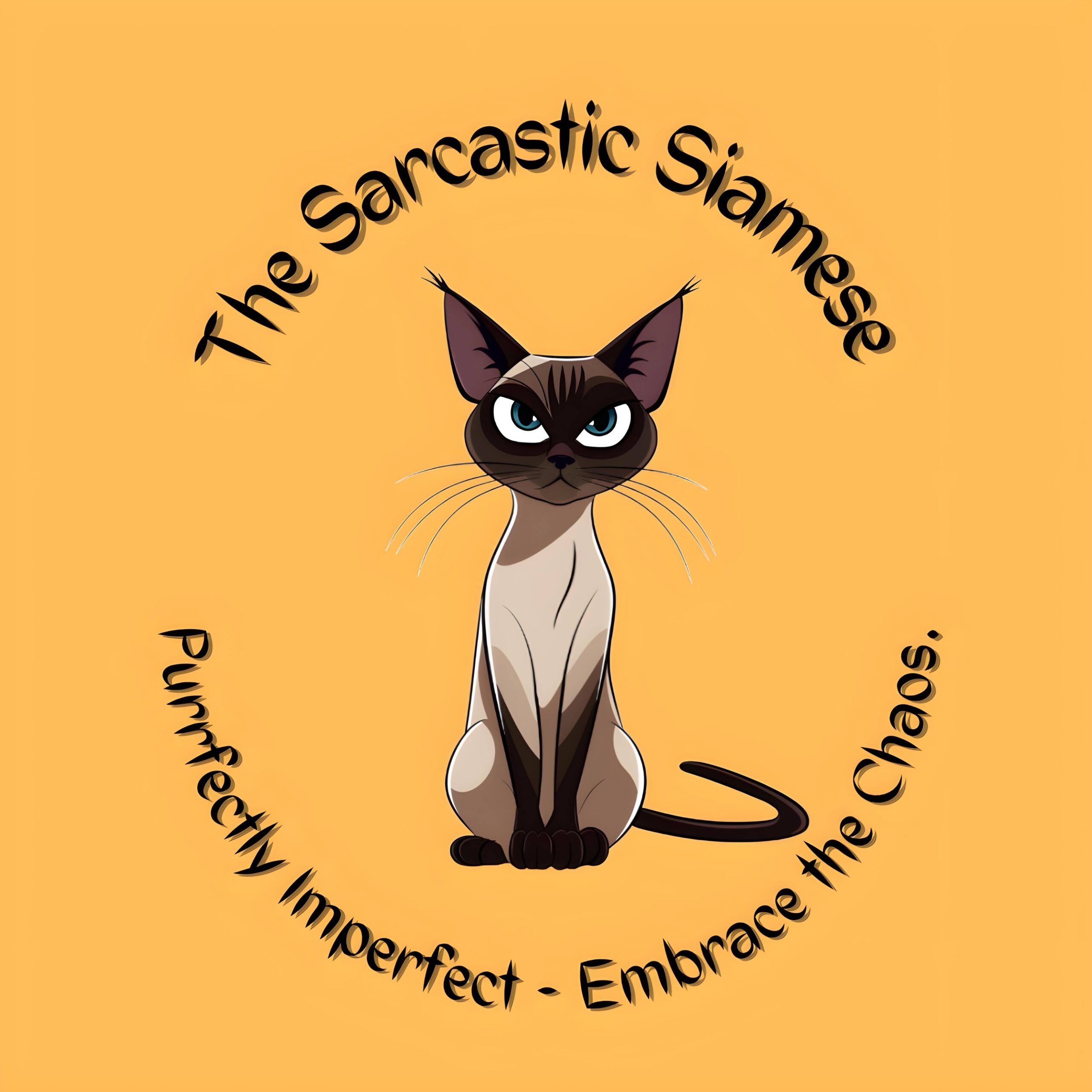**The book was reviewed for the San Francisco and Seattle Book Reviews
Age of Swords is second in Michael J Sullivan’s Legends of the First Empire series. War continues to loom between Fhrey and Rhune. A vicious attack leaves those of Dahl Rhen without a home, and more determined than ever to shake free of the yoke of Fhrey oppression. Persephone, now chieftain of Dahl Rhen, issues invitations to all the Rhune clans, even the feared and fearsome Gula, to a summit to appoint a keenig who will lead the united clans against the Fhrey.
Trouble plagues the effort from the beginning. No clan wants another’s chieftain to be keenig. The most logical choice refuses to even consider it because he thinks superior numbers, and Nyphron’s training mean nothing without weapons at least equal to their opponents. While the council continues to argue it out, Persephone and a band of intrepid females set out to the Dherg nation to barter for weapons of quality. What they are required to pay, and what they find are far beyond their imagination. Question is- will it be enough?
I love Sullivan’s writing! He has dynamic characters and engaging, immersive story. Swords was no exception. Each character continues to grow, even as they struggle with inner and outer demons. For the women, Neith becomes their crucible, forging alchemic change. This is especially true of Suri, who pays the highest price of all for their cause. Persephone and the others grow as well. Brin and Roan, the two youngest, step into greater maturity. Moya finds her true confidence
I love that alchemic themes are teased at with Mawyndulë also. The secret Miralyth meetings are under the Rose Bridge, they are sub rosa, beneath the rose. This begins Mawyndulë’s transformation, which continues in the Airenthenon. He is young, with much potential, and at a critical age for shaping ethics. I admit, I didn’t like him at first. He seemed petty, shallow, and childish. These things get stripped from him in the fires of his own Calcination.
This book is all about alchemic change. It isn’t just the individuals, but entire cultures. Sullivan does a masterful job showing cultural diffusion, as Rhune, Dherg, and Fhrey cultures begin to bleed into one another, sharing technology and information, however reluctantly. This diffusion sparks a great deal of growth in Rhune culture. Being the least insular, and shortest-lived seems to have made them quite adaptable. It’s a great message, too, that the majority of change is instigated by women, often despite the men’s behaviour and beliefs.
I’ll admit. It is a rare book that can make me actually cry. Not just tear up, but sit bawling, hugging my very confused, and increasingly irritated kitty cat. In the depths of Neith, I truly shared Suri’s sorrow. Sullivan plays the heartstrings of imagination as Suri plucks the strings of creation. Powerful magic indeed.
📚📚📚📚📚


